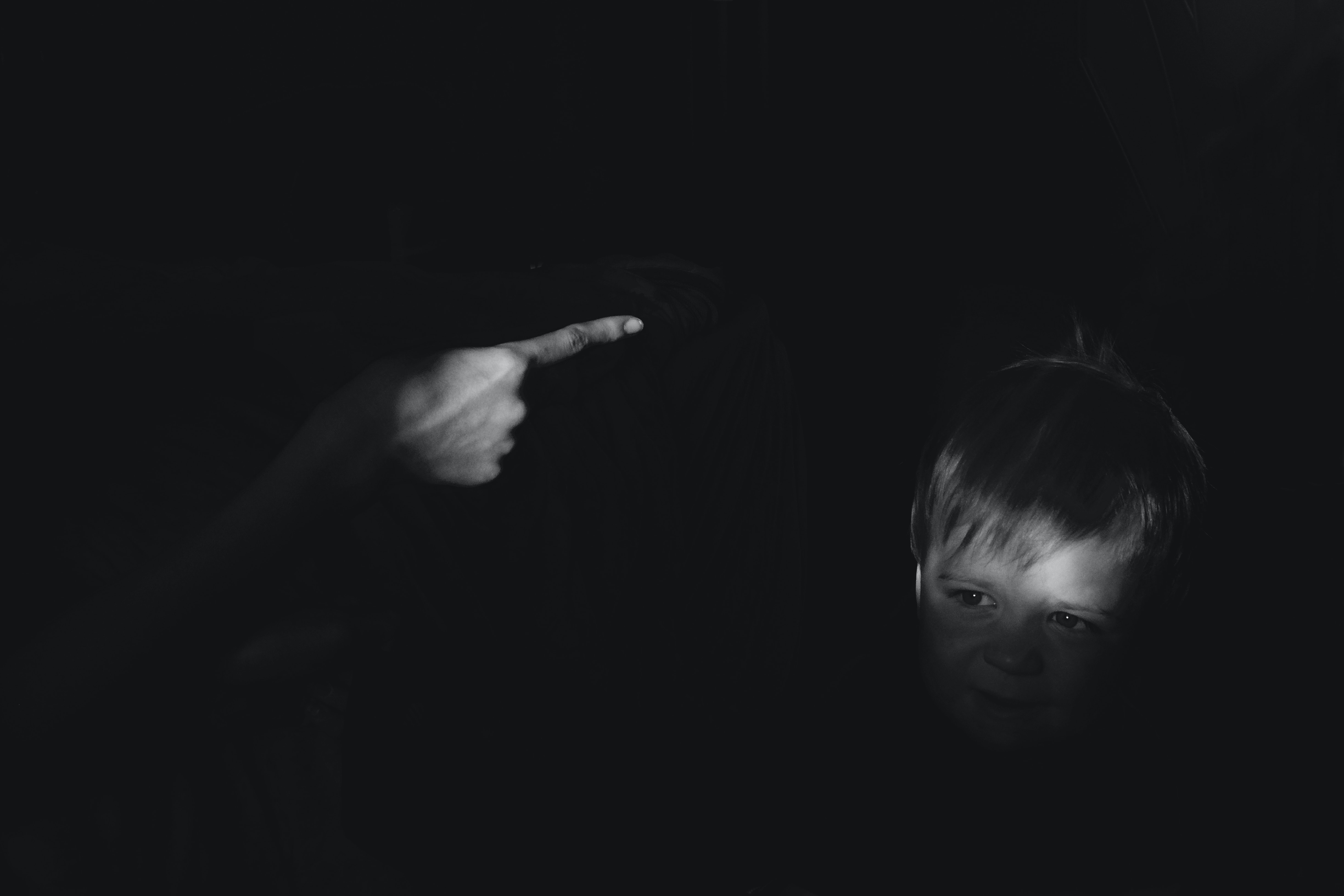Nurturing Character,
Inspiring Minds
Inspiring Minds
Primus Schoolhouse: Reggio-Inspired Bilingual Preschool >
For Parents >
Articles >
Part 1: The Consequences of Physical Punishment on Preschoolers
The Consequences of Physical Punishment on Preschoolers: Understanding the Impact
By Rani Sidhu (VP Academic and Quality Assurance Invictus Preschool)

Introduction
As parents, it is natural to feel frustrated and overwhelmed when our preschoolers misbehave. However, resorting to physical punishment is not an effective means of discipline. In this article, we will explore the consequences of physical punishment on preschool-aged children and why it is crucial to adopt alternative discipline methods. The information provided below is based on research and expert opinions in the field.
Understanding Physical Punishment
Physical punishment refers to any form of discipline that involves physical force, such as spanking, hitting, or slapping. While some may believe these methods are necessary to contain a child's behaviour, research suggests that physical punishment can have long-lasting negative effects on a child's emotional and psychological well-being.The Consequences of Physical Punishment
Aggression and Hostility: Numerous studies have shown a correlation between physical punishment and increased aggression in children. Preschoolers who experience physical punishment are more likely to display aggressive and hostile behaviour themselves, imitating the same form of discipline they received.Mental Health Issues: Physical punishment can contribute to the development of mental health issues, such as anxiety and depression, in preschool-aged children. The emotional trauma caused by physical punishment can have long-term effects on their mental well-being.
Damaged Parent-Child Relationship: Physical punishment can damage the trust and security within the parent-child relationship. Instead of fostering a nurturing environment, it creates fear and resentment, hindering healthy communication and bonding.
Lower Self-Esteem: Repeated physical punishment can lead to low self-esteem and feelings of worthlessness in preschoolers. They may internalize these negative experiences and believe that they are inherently bad or unworthy.
Ineffective Behaviour Correction: Physical punishment does not effectively teach preschoolers how to modify their behaviour. Rather than understanding why their behaviour was wrong, they may simply learn to avoid punishment and exploit situations where they won't get caught.
Conclusion
Physical punishment of preschoolers is not an effective means of discipline, and it carries significant negative consequences for their emotional and psychological well-being. Instead of resorting to physical force, it is important for parents to adopt alternative discipline methods that are based on positive parenting principles. By doing so, we can create a nurturing environment that fosters our children's growth and development, allowing them to become confident, compassionate individuals.Stay tuned for our next article, where we will dive deeper into the principles and strategies of positive discipline. Learn how to develop a stronger relationship with your child while nurturing their behavioural growth and helping them thrive.

